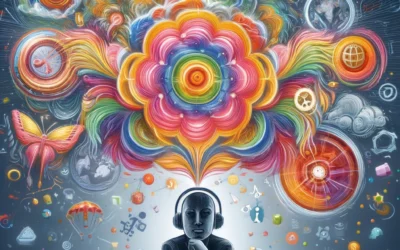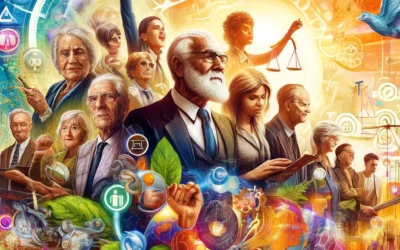 Nobody can say jetBlue lacks either a sense of humor or creativity. They recognise that many people don’t fly jetBlue and even though they’re expanding routes, passengers can’t always fly with them. So they designed a series of products to assist those poor people who have to fly with another airline – in typical jetBlue style.
Nobody can say jetBlue lacks either a sense of humor or creativity. They recognise that many people don’t fly jetBlue and even though they’re expanding routes, passengers can’t always fly with them. So they designed a series of products to assist those poor people who have to fly with another airline – in typical jetBlue style.
 It starts with a brochure “The Flyer Collection” containing these fictitious but funny products, delivered to 35,000 New Yorkers around Wall St by a network of some 2800 town cars. Then they put a digital version of it on their Facebook page, encouraging people to come up with other products which might assist the disadvantaged, non jetBlue passenger. And now they’ve opened a pop-up holiday store in the meat packing district of NYC, not to sell the products but just to show them for a laugh.
It starts with a brochure “The Flyer Collection” containing these fictitious but funny products, delivered to 35,000 New Yorkers around Wall St by a network of some 2800 town cars. Then they put a digital version of it on their Facebook page, encouraging people to come up with other products which might assist the disadvantaged, non jetBlue passenger. And now they’ve opened a pop-up holiday store in the meat packing district of NYC, not to sell the products but just to show them for a laugh.
Take a look at the products in the gallery below – all surprisingly good ideas even if they are a joke.


















![Reblog this post [with Zemanta]](http://img.zemanta.com/reblog_e.png?x-id=fcafdd2a-999b-4619-9b3a-d77e91d00753)



